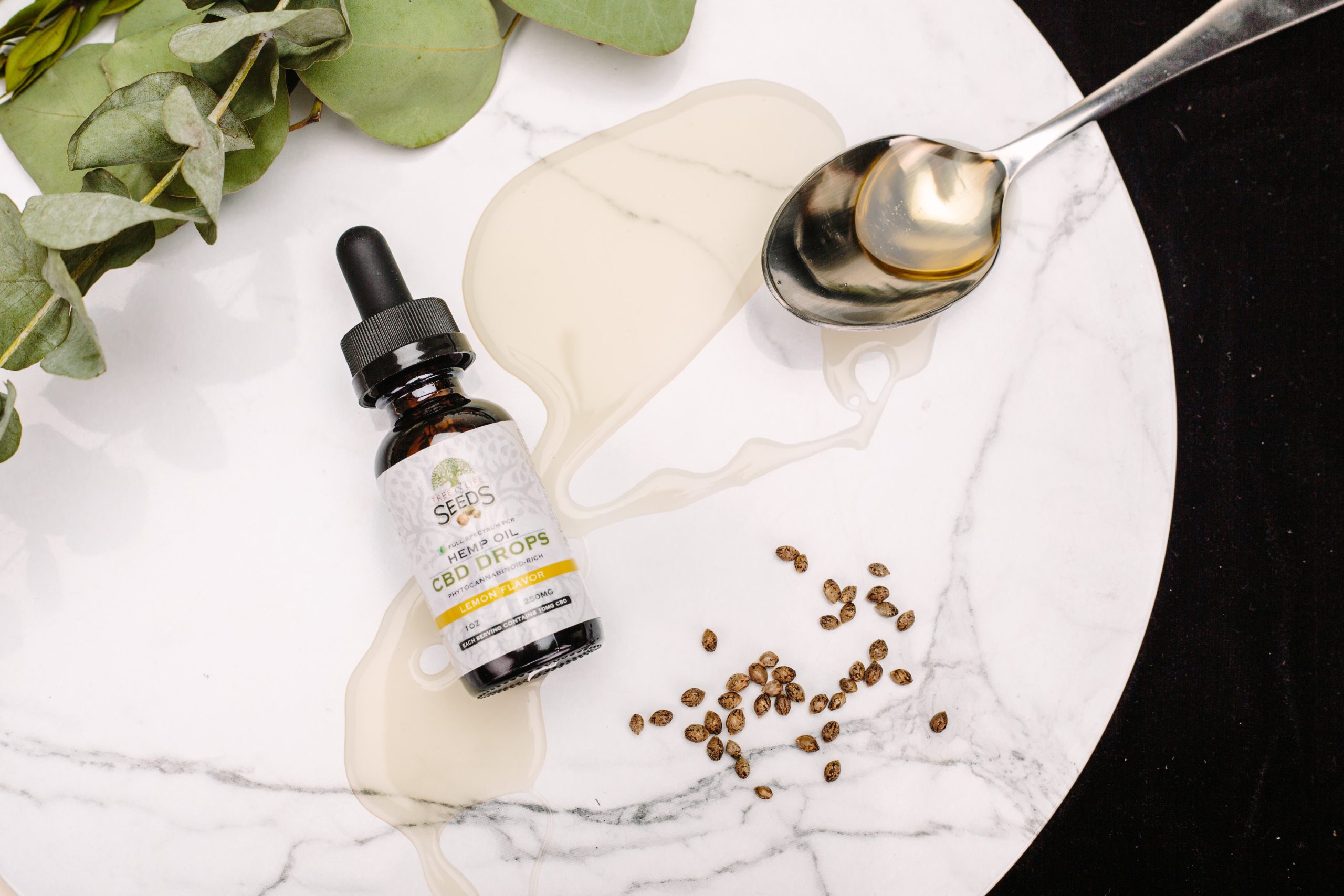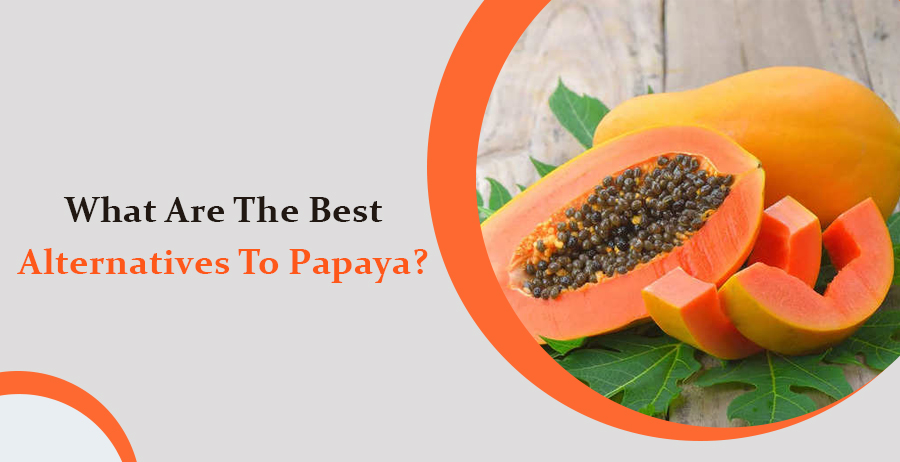Studies suggest that Chonluten, also known as EDG tripeptide, comprises a natural peptide complex that, by strengthening the production of proteins, may return the normal physiological functions of the respiratory system to their pre-damaged state. It may be essential to both anabolic and catabolic functions.
Research suggests Chonluten is a peptide complex that may normalize the functioning of the cells that make up the bronchial mucous membrane. It comprises the amino acids glycine, glutamine, and asparagine.
Studies suggest Chonluten is a compound that may mitigate respiratory problems in subjects at risk for them. It may also mitigate a variety of other respiratory concerns. [i] Researchers speculate that through immunomodulation, Chonluten’s primary purpose may be to normalize the impact on target organs by supplanting or supporting the activity of substances secreted by these morphological structures. In addition, it may trigger molecular pathways that counteract senescence, leading to a possibly increase in the lifetime of mesenchymal stem cells (MCS).
Scientists hypothesize Chonluten may act differently in different organs; it may have the greatest impact on lung tissues, but its activity may also extend to the gastrointestinal system.
Chonluten Research Studies
Chonluten Peptide- Lungs and Gastrointestinal Tract
Research suggests Chonluten may slow the rate of cell death while simultaneously boosting proliferative activity, which is significant for subjects whose lung capacity has decreased.
Researchers speculate Chonluten may aid in the repair of damaged respiratory systems and also provide relief from chest injuries. It is also hypothesized that Chonluten may be helpful in the mitigation of respiratory conditions in test subjects. [ii]
The inner lining of the bronchial tubes is considered to provide a barrier between the exterior environment organisms breathe in and the interior structures of the bodies. This inner lining can be affected by various inflammatory diseases, including COPD and asthma, which may change the production of mucus and the structure of the extracellular matrix, in addition to causing other negative actions. Chronic smoke inhalation is an inflammatory condition that causes persistent mucosal lining irritation, phlegm generation, persistent cough, and other symptoms. Research suggests the action mechanisms of Chonluten may contribute to reducing inflammation.
Studies suggest Chonluten may affect the gastrointestinal tract, similar to its potential on the lungs; it may decrease inflammation while reducing the predominance of vascular alterations that produce inflammatory disorders. Notably, research on Chonluten in this setting is still in the process of being conducted.
Chonluten And Gene Expression
Studies suggest Chonluten and similar short peptides may regulate all aspects of DNA expression, possibly including DNA methylation. (4, 5) Researchers imply that:
“Short peptides, which consist of two to seven amino acid residues, can enter the nuclei and nucleoli of cells, interacting with the nucleosome, histone proteins, and single- and double-stranded DNA.” Template-directed synthesis processes, replication, transcription, and repair appear to depend on DNA-peptide interactions, including sequence recognition in gene promoters. DNA-peptide interactions are also considered critical for DNA repair. Peptides may affect the state of DNA methylation, an epigenetic process responsible for the activation or repression of genes under normal conditions, as well as in pathological and senescent ones. [iii]
Chonluten and the Immune System
Researchers speculate Chonluten may be an immune system regulator, which system it may activate or repress to fight against illnesses.
It is hypothesized that the actions of Chonluten may be mediated by many genes, such as those encoding heat shock protein, gene HSP70, superoxide dismutase (SOD), cytochrome F (c-Fos), antioxidative system genes, and TNF-alpha. Studies suggest the control of these genes may lead to anti-inflammatory effects, notably in the case of c-Fos, a potent protein bioregulator of cell differentiation, survival, and proliferation, which may become active in response to hypoxia and cellular injury. In the immediate aftermath of a wound, c-Fos may stimulate the development of new blood vessels and the proliferation of cells at the local level. However, chronic protein production might lead to a thickening of the bronchial mucosa or even cancer. [ii] Scientists speculate Chonluten may recognize pathophysiological alterations in COPD and asthma because of its capacity to modulate c-Fos.
Chonluten And Muscle
Studies have suggested that some bioactive peptides may either boost muscular strength and recovery, or possibly elicit substantially upregulated action on muscle protein synthesis. New research suggests that in addition to their potential on strength and recovery, hydrolyzed proteins may also affect the ability to endure physical activity and their metabolism. [iv]
More research is needed to demonstrate its potential in scientific research, and these studies must continue. Only academic and scientific institutions are allowed to use Chonluten peptides. If you are a licensed professional interested in purchasing Chonluten peptides for your clinical studies, visit Biotech Peptides. Please note that none of the items listed are approved for human or animal consumption. Laboratory research chemicals are only for in-vitro and in-lab use. Any kind of physical introduction is illegal. Only authorized academics and working professionals may make purchases. The content of this article is intended only for instructional purposes.
References
[i] Avolio F, Martinotti S, Khavinson VK, Esposito JE, Giambuzzi G, Marino A, Mironova E, Pulcini R, Robuffo I, Bologna G, Simeone P, Lanuti P, Guarnieri S, Trofimova S, Procopio AD, Toniato E. Peptides Regulating Proliferative Activity and Inflammatory Pathways in the Monocyte/Macrophage THP-1 Cell Line. Int J Mol Sci. 2022 Mar 25;23(7):3607
[ii] V. K. Khavinson, N. S. Lin’kova, A. V. Dudkov, V. O. Polyakova, and I. M. Kvetnoi, “Peptidergic regulation of expression of genes encoding antioxidant and anti-inflammatory proteins,” Bull. Exp. Biol. Med., vol. 152, no. 5, pp. 615–618, Mar. 2012, DOI: 10.1007/s10517-012-1590-2
[iii] Khavinson VK, Popovich IG, Linkova NS, Mironova ES, Ilina AR. Peptide Regulation of Gene Expression: A Systematic Review. Molecules. 2021 Nov 22;26(22):7053
[iv] König D, Kohl J, Jerger S, Centner C. Potential Relevance of Bioactive Peptides in Sports Nutrition. Nutrients. 2021 Nov 10;13(11):3997. DOI: 10.3390/nu13113997







